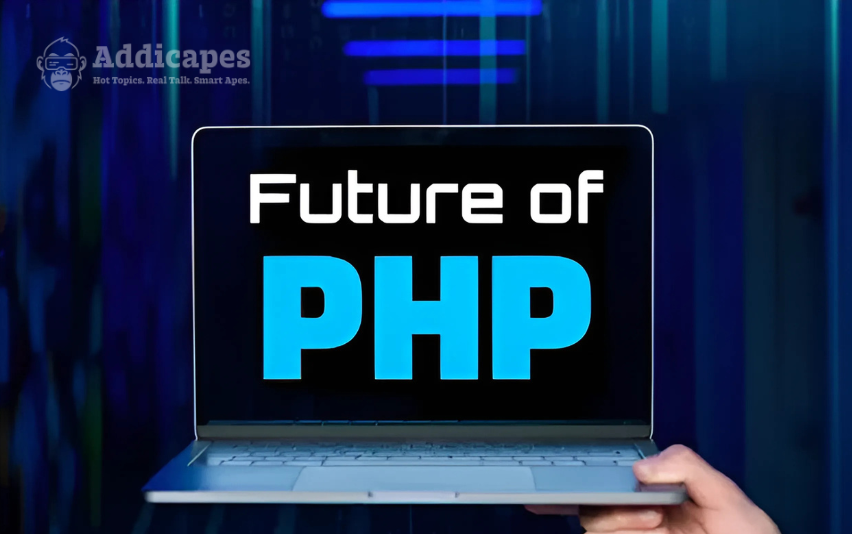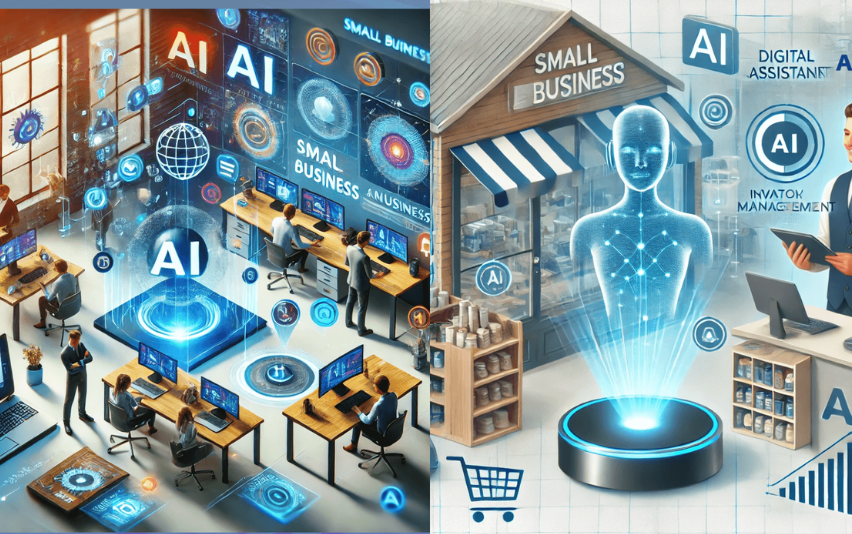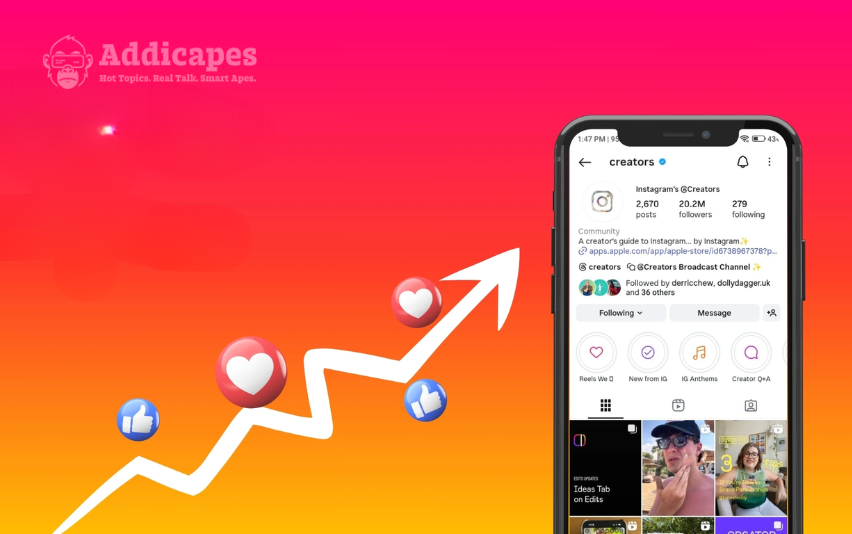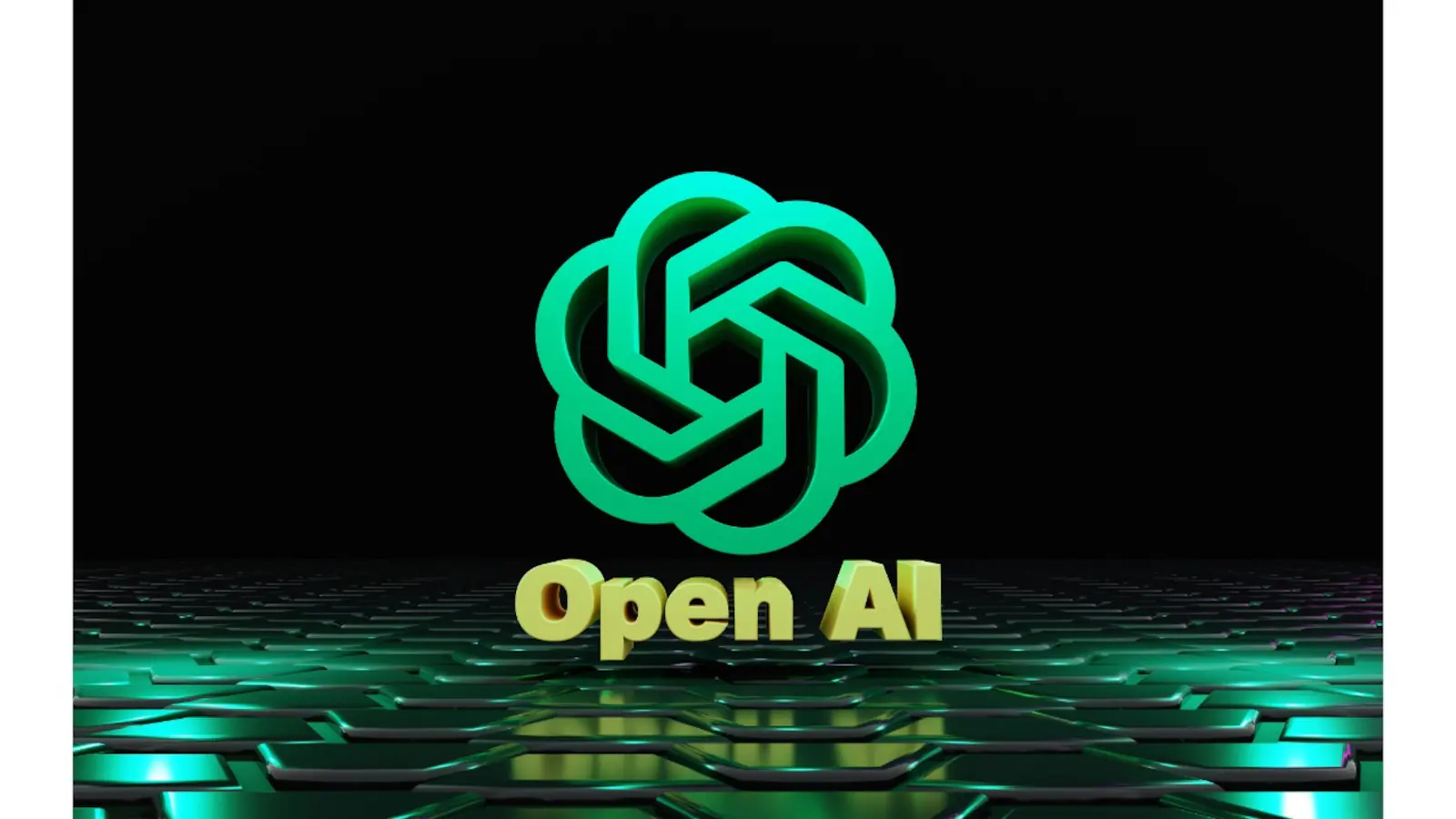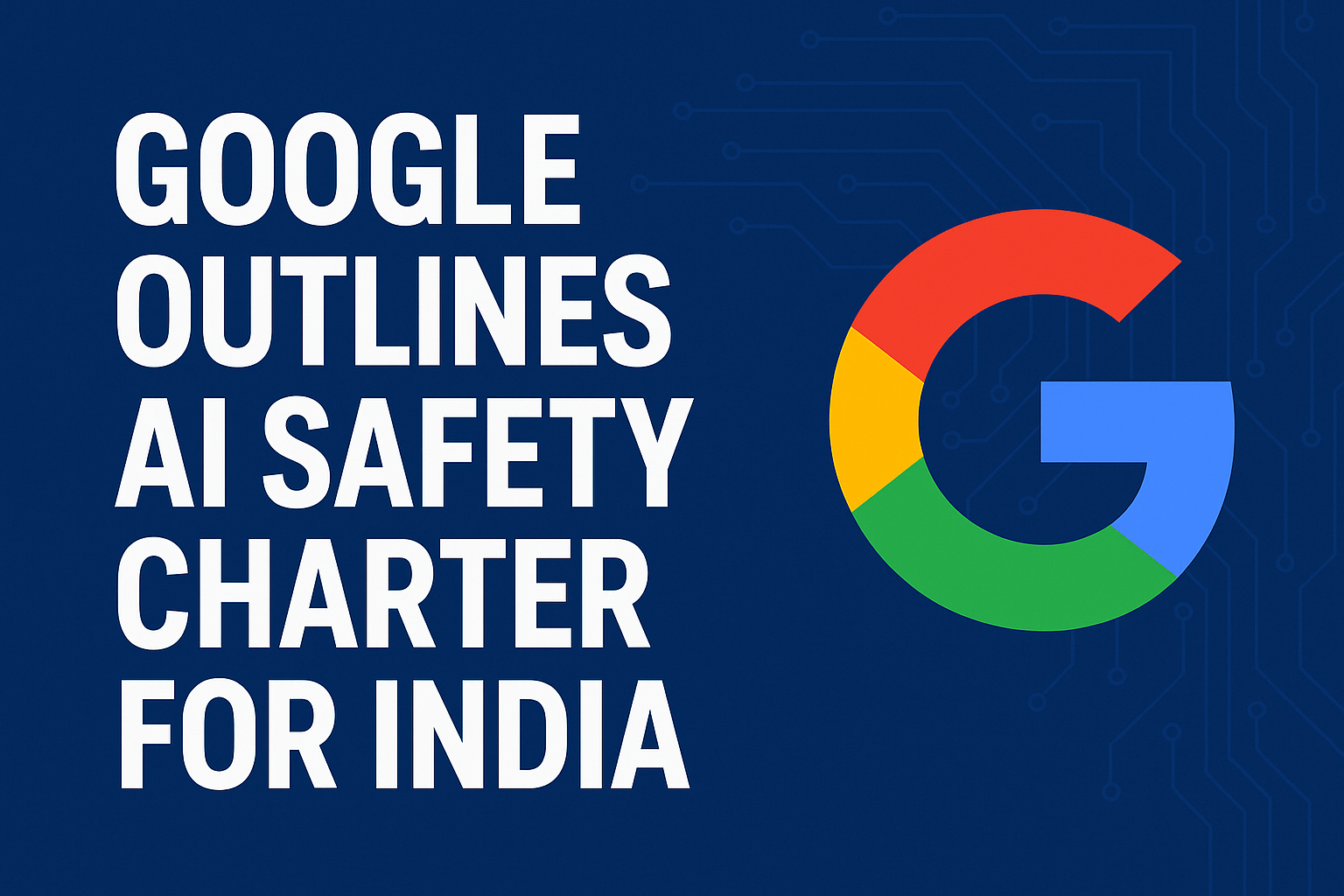PHP remains one of the dominant scripting languages for web development today, powering millions of websites and applications across the globe. With its versatile capabilities and rich ecosystem of frameworks and tools, PHP continues to evolve to meet the demands of modern web development. For developers and businesses, staying updated with the latest PHP technologies is crucial to remain competitive and efficient.
In this article, we will explore the top 5 PHP development technologies you should consider in 2025. These technologies will help enhance the performance, security, and maintainability of your applications, providing both developers and organizations with the tools they need to succeed in today’s fast-paced digital world.
1. PHP 8: The Latest Major Release
PHP 8 is a major milestone in the evolution of the PHP language, offering groundbreaking new features and performance improvements. With its powerful enhancements, PHP 8 is quickly becoming the standard for modern web development. Here are the key features that make PHP 8 indispensable for developers:
Key Features of PHP 8:
- Just-in-Time (JIT) Compiler: PHP 8 introduces the JIT compiler, which significantly boosts the performance of PHP applications. The JIT compiler optimizes code by compiling it into machine code at runtime, resulting in faster execution, especially for CPU-intensive operations.
- Union Types: One of the most anticipated features of PHP 8 is support for union types. Developers can now define multiple types for parameters and return types, which increases flexibility and type safety, making code more predictable and easier to maintain.
- Attributes (Annotations): PHP 8 introduces attributes, which are a cleaner, more powerful way of adding metadata to classes, methods, and properties. Unlike docblocks, attributes can be processed at runtime, providing a better way to organize and manage metadata in PHP applications.
- Match Expressions: The
matchexpression in PHP 8 is a more powerful alternative to the traditionalswitchstatement. It allows for more concise and readable code, handling complex conditional logic with ease. - Constructor Property Promotion: This feature allows developers to declare properties directly in the constructor, reducing boilerplate code and improving code readability.
PHP 8’s combination of performance enhancements, new features, and syntax improvements makes it a must-have for any PHP developer. If you’re still using older versions of PHP, upgrading to PHP 8 will give your applications a noticeable boost in performance and code quality.
2. Laravel: The Leading PHP Framework
Laravel has long been the go-to PHP framework for developers, and it shows no signs of slowing down in 2025. Known for its elegant syntax, powerful features, and developer-friendly ecosystem, Laravel is ideal for creating modern, scalable, and high-performance applications.
Why Laravel is Essential for PHP Development:
- Eloquent ORM: Laravel’s Eloquent ORM provides an easy-to-use and intuitive way to interact with databases. It allows developers to work with databases using PHP syntax, eliminating the need to write raw SQL queries and reducing the likelihood of errors.
- Blade Templating Engine: Laravel’s Blade templating engine allows developers to create dynamic HTML templates in a simple and readable way. Blade offers powerful features like template inheritance, control structures, and custom directives, helping to keep the codebase clean and manageable.
- Artisan Command Line Interface (CLI): Artisan is Laravel’s command-line tool that simplifies common tasks like database migrations, seeding, and testing. With Artisan, developers can automate repetitive tasks, increasing productivity and reducing the potential for errors.
- Security Features: Laravel comes with several built-in security features like encryption, password hashing, and protection against common vulnerabilities (e.g., SQL injection, cross-site scripting). These features help ensure that your applications are secure from day one.
- Laravel Ecosystem: The Laravel ecosystem is vast and continually growing. Tools like Laravel Forge (for deployment), Laravel Envoyer (for continuous deployment), and Laravel Nova (for administration panels) provide developers with a complete set of tools for building and deploying applications.
Whether you’re building a small website or an enterprise-level application, Laravel’s extensive documentation, robust feature set, and active community make it one of the best PHP frameworks for modern development.
3. Symfony: A Robust PHP Framework for Enterprise-Level Applications
Symfony is another powerful PHP framework, widely regarded as one of the best choices for building large-scale, enterprise-level applications. It is highly flexible and customizable, offering a range of reusable components that can be integrated into any PHP project.
Why Choose Symfony for Enterprise Development:
- Modular and Reusable Components: Symfony’s modular approach means that you can use individual components, such as routing, form handling, and session management, in any PHP project, regardless of whether you’re using the full Symfony framework. This flexibility allows developers to choose the best components for their project without being forced into a specific ecosystem.
- Twig Templating Engine: Symfony uses the Twig templating engine, which allows for a clean separation of logic and presentation. Twig provides a syntax that is easy to read and maintain, making it perfect for large applications with complex view structures.
- Testing and Debugging Tools: Symfony comes with built-in testing tools, including unit testing and functional testing, to ensure that your application remains bug-free. The Symfony Profiler also provides an easy way to debug applications and monitor performance.
- Built-in Security Features: Symfony provides an array of security features, including authentication, authorization, and protection against common web vulnerabilities. Symfony’s security bundle ensures that your application is secure and compliant with best practices.
- Scalability and Performance: Symfony’s architecture is designed for scalability and performance. It’s optimized for large applications that require complex workflows and integration with third-party services. Whether you’re building a high-traffic website or a mission-critical application, Symfony can handle it.
For developers working on large projects with complex business requirements, Symfony’s power and flexibility make it an excellent choice.
4. Composer: Dependency Management for PHP Projects
Composer is a dependency management tool that is essential for modern PHP development. It simplifies the process of managing libraries, packages, and dependencies, making it easier to manage large-scale PHP projects with multiple dependencies.
Why Composer is a Must-Have for PHP Developers:
- Automated Package Management: Composer automatically handles the installation and updating of PHP libraries, saving developers time and reducing the chance of version conflicts. You simply specify your dependencies in a
composer.jsonfile, and Composer handles the rest. - Autoloading: Composer automatically generates an autoloading system for your project, which ensures that all classes are loaded correctly without the need for manual inclusion. This feature simplifies code management and improves project organization.
- Version Control: Composer allows you to specify the exact version of a library you want to use, ensuring compatibility between your project and the dependencies. This makes it easier to manage updates and avoid breaking changes when libraries are updated.
- Integration with Packagist: Composer integrates seamlessly with Packagist, the default PHP package repository, giving developers access to thousands of open-source libraries. This means you can quickly add functionality to your project without having to reinvent the wheel.
- Boosted Productivity: By automating tasks like package installation, updates, and autoloading, Composer helps developers focus on building functionality rather than managing dependencies.
Composer is a powerful tool that is indispensable for PHP developers working with modern PHP libraries or frameworks. Its ease of use and robust feature set make it a must-have in every PHP developer’s toolkit.
5. PHPUnit: Automated Testing for PHP Applications
PHPUnit is a testing framework designed for writing unit tests in PHP. It is an essential tool for developers who want to ensure that their code is reliable, bug-free, and performs as expected.
Why PHPUnit is Crucial for PHP Development:
- Unit Testing: PHPUnit allows developers to write unit tests for individual components of their application. These tests check that each part of the code functions as expected, helping to catch bugs early in the development process.
- Test Coverage Reports: PHPUnit provides detailed reports on test coverage, showing which parts of your code are being tested and which are not. This makes it easier to identify areas of the code that require more thorough testing.
- Continuous Integration: PHPUnit integrates easily with continuous integration (CI) tools like Jenkins, Travis CI, and GitLab CI. This allows you to run tests automatically every time a change is made to the codebase, ensuring that your application remains stable as it evolves.
- Mocking and Stubbing: PHPUnit allows developers to create mock objects and stubs, which are used to simulate dependencies during testing. This makes it easier to test individual components in isolation and ensures that tests are accurate and meaningful.
- Bug Prevention: Automated testing helps prevent regressions by catching bugs before they reach production. It also improves the maintainability of code, as tests serve as documentation for how different parts of the application should behave.
Incorporating PHPUnit into your development workflow ensures that your PHP applications are tested thoroughly, reducing the risk of bugs and improving the overall quality of your code.
Conclusion
In 2025, staying on top of the latest PHP development technologies is more important than ever. By incorporating these five must-know technologies—PHP 8, Laravel, Symfony, Composer, and PHPUnit—into your development workflow, you’ll be able to create faster, more secure, and more scalable applications. These tools not only improve the development process but also ensure that your projects are future-proof and capable of handling the demands of modern web development.
Whether you’re working on small projects or large-scale enterprise applications, these technologies are essential for improving productivity, ensuring code quality, and staying competitive in the ever-evolving world of PHP development.

